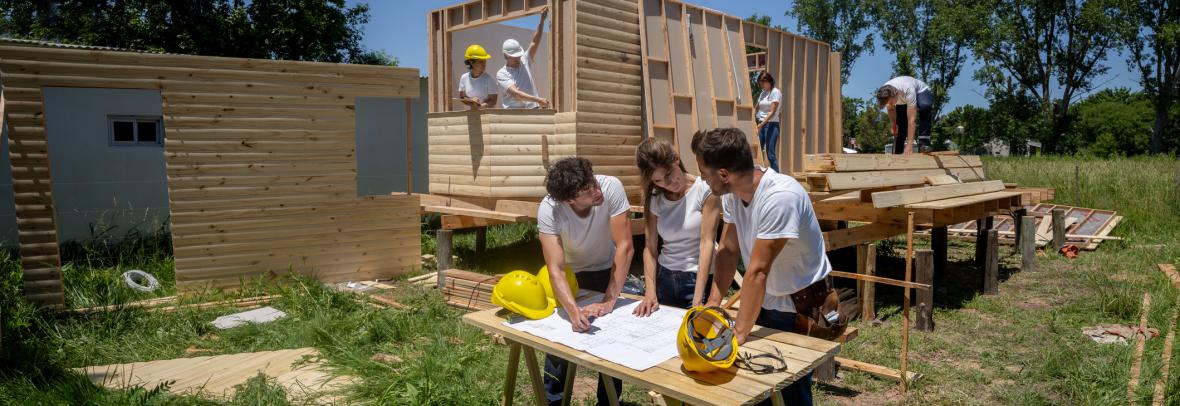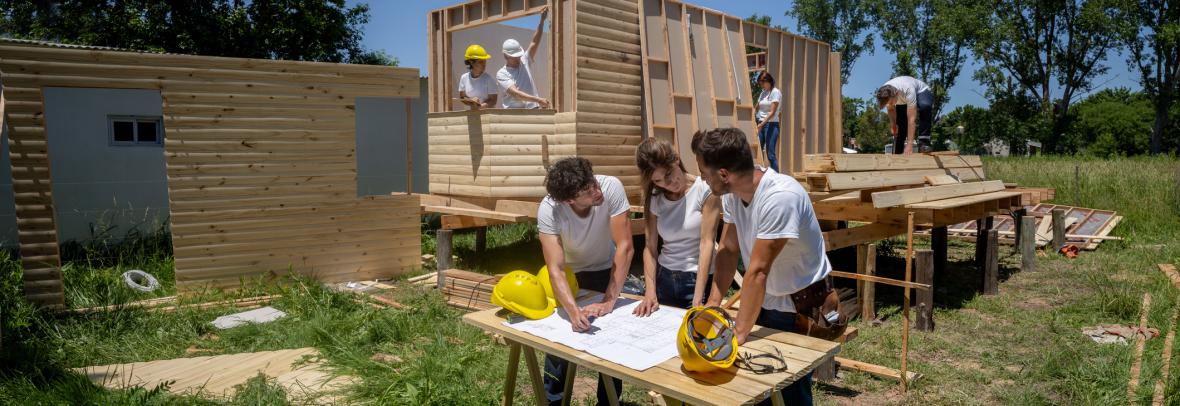
The fiscal year 2022 “Discretionary Funding Request” is a wish list, but it indicates priorities. The latest requests $68.7B for HUD, an increase of $9B over last year.
WASHINGTON – The Biden-Harris Administration submitted its “Discretionary Funding Request” to Congress, which is essentially a wish list of funding preferences it hopes Congress will include in the next budget. Total dollars and the balance in spending provide a look inside the new administration’s priorities.
For fiscal year 2022 (FY22), Biden requests a total of $68.7 billion for HUD, an increase of $9 billion over the 2021 enacted level, for key Department of Housing and Urban Development priorities (HUD).
According to HUD, it includes a sizable expansion of rental assistance for low-income households; funding for strategies to end homelessness; investments to address the shortage of affordable housing; improvements in the quality of affordable housing through investments in resiliency and energy efficiency; and strategic investments across multiple programs to strengthen communities facing underinvestment. It would also prevent and redress housing-related discrimination.
The “FY22 discretionary funding request turns the page on years of inadequate and harmful spending requests and instead empowers HUD to meet the housing needs of families and communities across the country,” says HUD Secretary Marcia L. Fudge. “I am particularly pleased that the request proposes more than $30 billion to expand housing vouchers to an additional 200,000 low-income families.”
FY22 discretionary request
- Expands Housing Choice Vouchers to 200,000 additional families. The Housing Choice Voucher program currently helps 2.3 million low-income families obtain housing in the private market. The discretionary funding request proposes $30.4 billion, a $5.4 billion increase over the 2021 enacted level, allowing it to expand assistance to an additional 200,000 households, HUD’s outlines claims. It includes money for mobility-related support services to give low-income families who live in racially and ethnically concentrated areas of poverty with greater options to move to higher-opportunity neighborhoods.
- Investments to end homelessness. The 2022 discretionary funding request provides $3.5 billion, an increase of $500 million over 2021 enacted levels, for Homeless Assistance Grants to support more than 100,000 additional households, including survivors of domestic violence and homeless youth. The resources would complement the $5 billion for emergency housing vouchers provided in the American Rescue Plan, which Congress previously passed.
- Modernizes and improves energy efficiency, resilience and safety in HUD-Assisted Housing. HUD-supported rental properties collectively provide 2.3 million affordable homes to low-income families. The funding request fully funds the operating costs across that portfolio, and provides $800 million in new investments across HUD programs for energy efficiency and resilience to climate change impacts, such as increasingly frequent and severe wildfires and floods. In addition, the discretionary request includes $3.2 billion for public housing modernization grants, an increase of $435 million above the 2021 level.
- Increases the Supply of Affordable Housing. The funding request provides a $500 million increase to the HOME Investment Partnerships Program, for a total of $1.9 billion, to construct and rehabilitate affordable rental housing, and to support other housing-related needs – the highest funding level for HOME since 2009. In addition, the proposal provides $180 million to support 2,000 units of new permanently affordable housing for the elderly and persons with disabilities.
© 2021 Florida Realtors®
Go to Source
Author: kerrys



